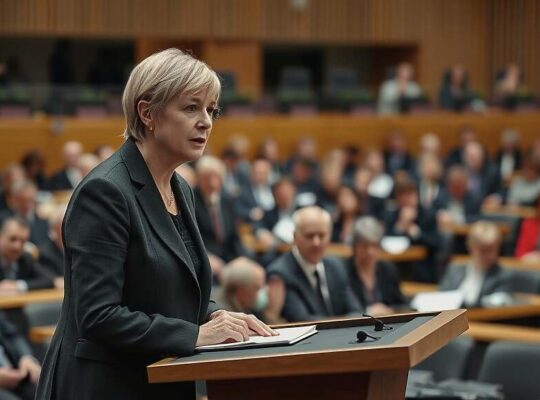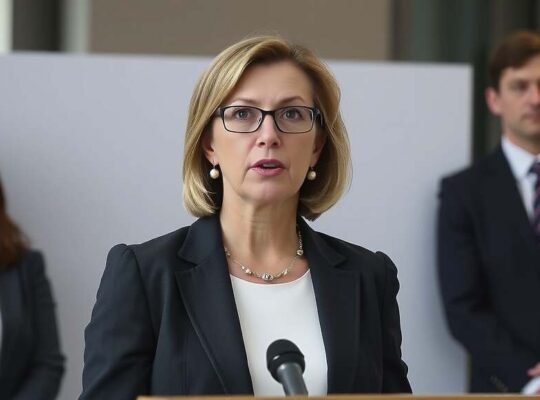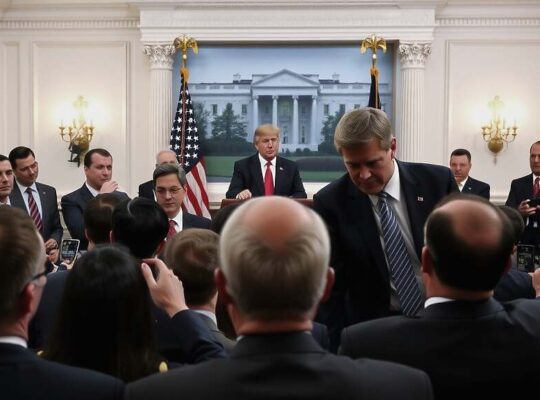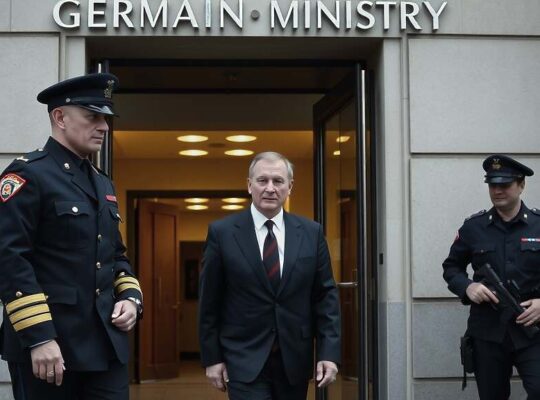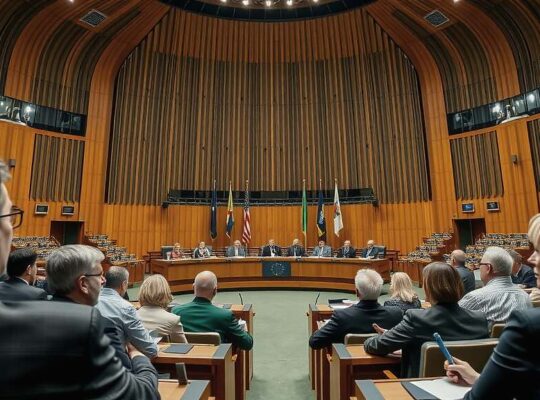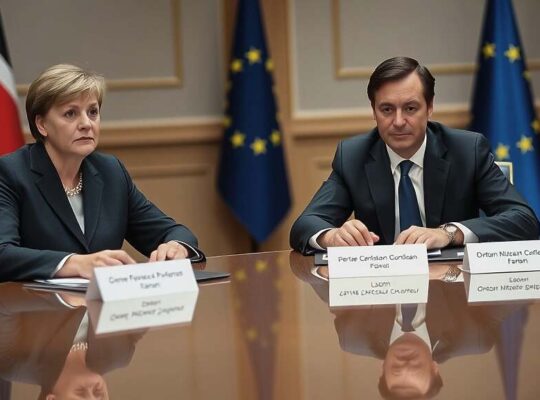A renewed debate is gripping Germany’s political landscape as former Armed Forces Commissioner Hans-Peter Bartels has issued a stark warning against experimental approaches to conscription, advocating for a return to mandatory military service amidst escalating tensions with Russia. Bartels, a prominent figure within the SPD, vehemently criticized proposed compromise models involving lotteries and volunteer systems, arguing they represent a dangerous distraction from the urgent need to bolster Germany’s defense capabilities.
The potential for a lottery system – a mechanism to randomly select individuals for mandatory service if voluntary recruitment falls short – has emerged as a key point of contention. While Defense Minister Boris Pistorius initially envisioned a system of conscription for all 18-year-old males, the possibility of utilizing a lottery as a contingency has gained support within both the CDU/CSU and SPD factions, including party leader Matthias Miersch. Bartels dismissed such approaches as “tinkering” pointing to unsuccessful prior attempts to reform volunteer service and cautioning against prolonged experimentation at a time when national security is paramount.
Bartels emphasized the critical need to restore a nationwide conscription program, recalling that even during the Cold War, Germany required less than 50% of a generation for military service. He refuted the argument that constitutional concerns regarding fairness previously led to the abolition of conscription, asserting that the decision was ultimately a parliamentary one driven by the CDU/CSU and FDP. He estimates that approximately 200,000 male German citizens could be subject to conscription annually, with roughly 70,000 recruits needed to meet NATO objectives – a shortfall that could be addressed with a broader, mandated service. “The issue of fairness wouldn’t be our primary challenge here” he stated, suggesting the focus should be on establishing a reliable and predictable pool of personnel.
The discussion isn’t limited to the scope of conscription. Military historian Sönke Neitzel, of the University of Potsdam, argues that the planned six-month voluntary service period is insufficient to develop meaningful combat readiness. He contends that at least a year of service is necessary to adequately train conscripts, particularly for deployment to Germany’s eastern flank. Neitzel stressed that current proposals limit service to the Territorial Army, with roles like protecting infrastructure and that individuals serving a mere six months would be of limited value in a field army scenario.
Neitzel’s comments underscored a deeper concern: the need for a defense force capable of confronting a potential conflict. Drawing parallels to the Cold War, when Germany maintained approximately 240,000 conscripts annually, he posed a pointed question: “What’s the point of military service if those wearing a uniform aren’t prepared to fight?” The debate now centers on whether Germany can afford to delay a return to compulsory military service, or if an incremental, experimental approach risks leaving the nation dangerously unprepared for the evolving geopolitical landscape.




